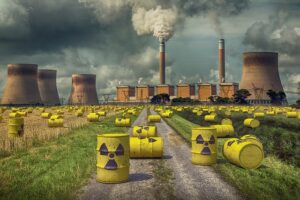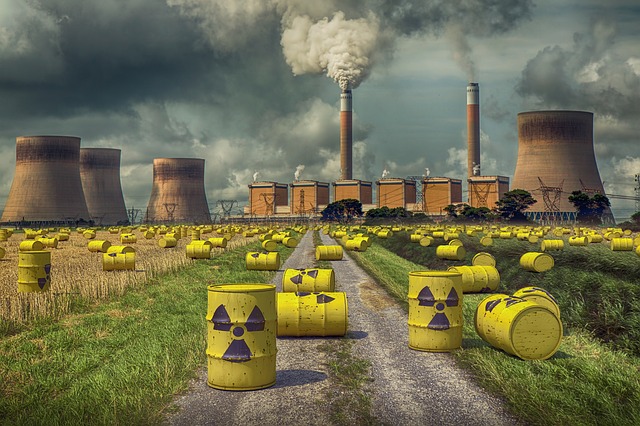Why Germany shutdowns nuclear plants?

Due to substantial pollution, climate change and 2011 disaster in Japan, Germany is shutting down its last three nuclear power plants end of this year, which will not cause supply shortages, according to researchers.
The researchers used modeling methods to see how the decommissioning of Brokdorf, Grohnde and Gundremmingen C nuclear power plants by 2021 and Neckarwestheim 2, Isar 2 and Emsland in 2022 will affect power flows and the energy mix in Germany.
They found the power decline will temporarily lead to a higher use of fossil fuels and imports as well as accelerated expansion of renewable energies.
According to their reports, the next German government may aim for 80% renewable electricity in 2030, up from the current target of 65%. Projections currently put Germany’s 2030 target somewhere between 645 to 665 TWh.
If those proven true, it would mean that wind and solar would have to generate upwards of 516 TWh per year, or more than double the current renewable energy generation capacity.



